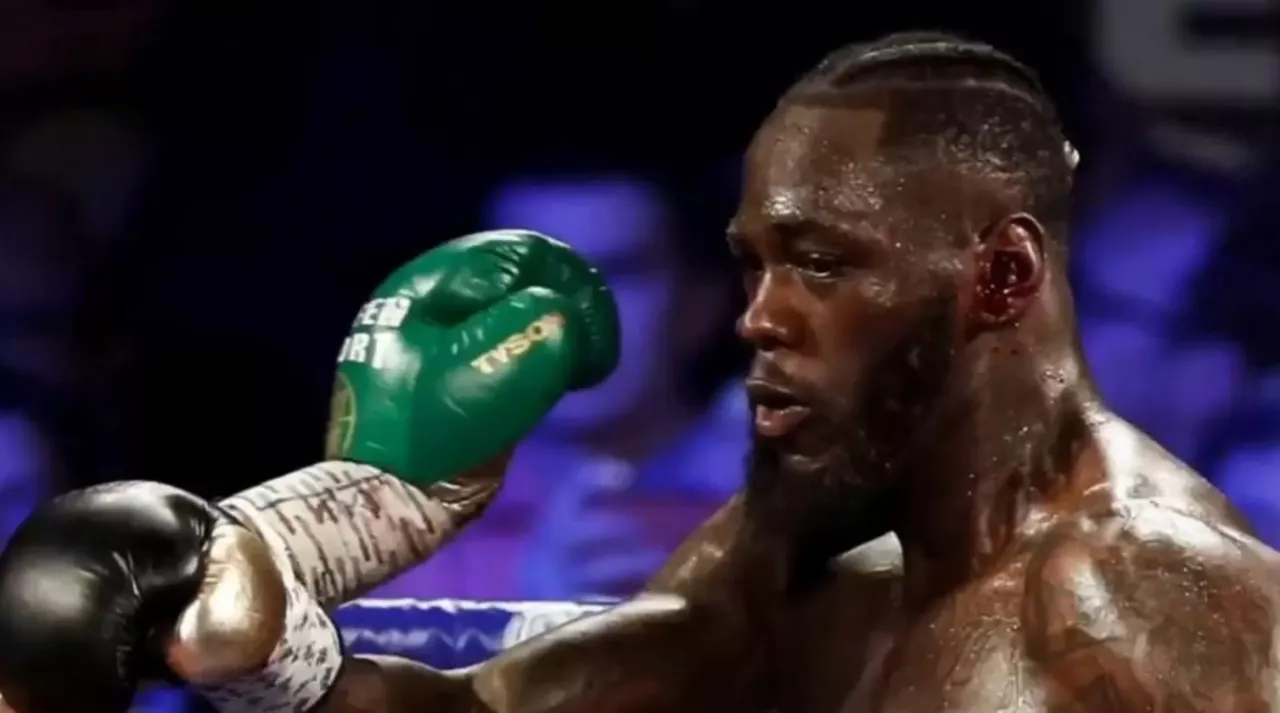Deontay Wilder – The Heavyweight Who Redefined Knockout Power
If you’ve ever watched a fight that ended in a single, ear‑splitting boom, chances are Deontay Wilder was the guy delivering it. The American heavyweight’s name is everywhere in the boxing world, and his reputation isn’t just hype. He’s built a career on an explosive right hand that can turn a round into a knockout in seconds.
Wilder’s Signature Power
What makes Wilder’s right hand so dangerous? It’s a mix of raw strength, perfect timing and a height advantage that lets him generate torque from his hips. He often stays a step back, watches his opponent dance, and then unleashes that thunderbolt the moment a tiny opening appears. Even seasoned fighters admit that you never feel safe around him – you’re always watching for that one perfect moment.
Because of that power, Wilder’s fights are usually short and intense. He’s not the type to win on points; his strategy is simple – land the big shot and the crowd goes wild. That style has earned him 41 knockouts out of 44 wins, a stat that scares anyone stepping into the ring with him.
Lessons from Wilder’s Career
Beyond the punches, there are a few takeaways for anyone interested in combat sports. First, confidence matters. Wilder walks into every fight believing he can finish it with one strike. That belief pushes him to take chances most fighters would avoid.
Second, adaptability is key. Early in his career, opponents tried to out‑maneuver him, forcing Wilder to improve his footwork and head movement. He’s still not the slickest boxer, but he’s learned to cut off the ring and keep the fight where he can set the pace.
Finally, waste no energy on hype. Wilder’s team keeps his training focused on power drills, sparring that mimics real fight scenarios, and maintaining a diet that fuels his explosive strength. The result is a fighter who can stay fresh for a 12‑round bout, even if most of his wins come much earlier.
For fans, Wilder’s fights are a rollercoaster – you never know if the next round will be a tactical battle or a sudden, jaw‑dropping finish. That unpredictability is why his name pops up in discussions about the future of heavyweight boxing and even on kickboxing forums where athletes study power techniques.
What does Wilder mean for the sport? He reminds everyone that a single punch can change a career, a title, or a legacy. Trainers now teach students to respect distance and to develop that one weapon that can end a fight instantly. Whether you’re a boxer, a kickboxer, or just a combat‑sport lover, watching Wilder’s fights is a masterclass in the raw impact of a well‑timed strike.
So, the next time you hear “Deontay Wilder” on a hype reel, remember it’s not just the name – it’s a whole philosophy of power, confidence, and the art of finishing fights. Stay tuned, because as long as he’s in the ring, the knockout count will keep climbing.
Why has Deontay Wilder such limited boxing skills?
As a boxing enthusiast, I've noticed that Deontay Wilder has somewhat limited boxing skills compared to other elite fighters. This could be attributed to his late start in the sport, as he began his professional career at the age of 20. Additionally, he has relied heavily on his knockout power, which might have hindered the development of his technical skills. Furthermore, his training and coaching may not have focused enough on refining his technique. Despite these limitations, Wilder's raw power and athleticism have carried him to great success in the boxing world.
